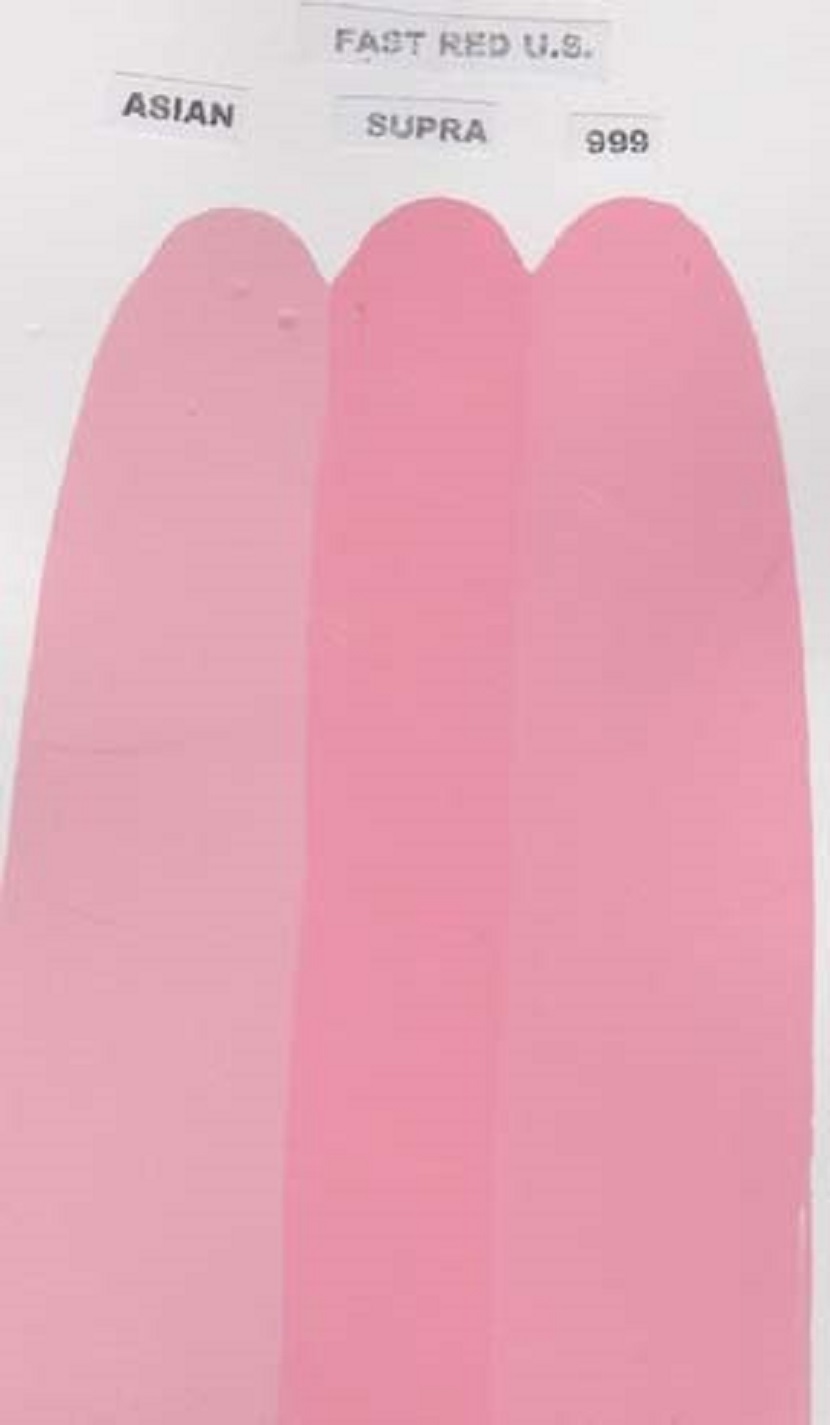Borivali West, Mumbai, Maharashtra
- GST NO. : 27AEGPD8223G1ZP
Uses Of Fast Red Universal Stainer
Posted by Admin on September, 30, 2023

The ability to distinguish cell structures is extremely important in the field of histology for both symptomatic and research purposes. The Fast Red Universal Stainer is one tool that essentially facilitates this connection.
This compound staining technique can improve the difference and permeability of tissues. It offers an unmistakable quality and allows specialists and pathologists to gain crucial information.
A Fast Red Universal Stainer manufacturer contributes significantly to the fields of histology and pathology. They create staining agents that facilitate the visualisation of cellular structures under a microscope. Their goods aid in the proper detection of illnesses and advancements in the fields of biology and medicine.
Overview Fast Red Universal Stainer
A histological staining method called the Fast Red Universal Stainer is used to highlight certain cell components inside tissue tests. Histology has long been built on staining techniques.
It allows experts to distinguish between various cell types, tissues, and anomalies. Particularly Fast Red Universal Stainer is well known for its quick staining procedure and use in immunohistochemistry (IHC).
Directive and Constituent
The staining system combines chemicals and synthetic materials. It produces a noticeable range of changes in the tissue test when viewed through a microscope.
The avidin-biotin-peroxidase complex method is typically used in conjunction with Fast Red Universal Stainer. It helps to detect antigens in tissues. This method consists of the following steps in order:
Immunogen Recovery
The tissue test typically undergoes antigen recovery before staining to disclose any antigens that formalin obsession could have hidden.
Complex of Avidin-Biotin
The avidin-biotin-peroxidase complex is used to treat the example, joining the biotin on the optional counteracting agent.
Improvement in Variety
When Fast Red Universal Stainer is applied, a peroxidase reaction causes a significant red tone to appear where the antigen-neutralizer restricts.
Counterstaining
The sample is counterstained with a distinguishing tone to improve contrast, often using hematoxylin, which dyes cores blue.
Mounting
To be examined under a magnifying device, the dyed tissue is finally mounted on a slide and covered with a coverslip.
Applications and Benefits
A few advantages provided by the Fast Red Universal Stainer increase its notoriety:
Speed
The rapidity of this staining process, as suggested by its name, is one of its key advantages. Compared to other staining procedures, it can significantly cut down on handling time in general.
Representation
Fast Red Universal Stainer's red variant successfully recognises antigens and cell structures. It is very conspicuous and easily distinguishable from surrounding tissues.
Similarity
The staining technique works with a variety of tissues and antibodies. This makes it adaptable for use in various tests and suggestive applications.
Immunohistochemistry
The staining process is comparable to IHC. This enables researchers to identify specific antigens in tissues, facilitating disease investigation and the development of new medications.
Examining Quantitatively
In addition to being subjective, Fast Red Universal Staining can also be used for quantitative research. This allows analysts to calculate the staining's effectiveness in detecting precise correlations.
Conclusion
By offering a quick and convincing method for improving minute representation, Fast Red Universal Stainer has revolutionised the field of histology. Its use in immunohistochemistry has further increased its usefulness.
It helps in enabling the identification of antigens and cell structures within tissues. Histologists and analysts look forward to considerably more sophisticated staining techniques as innovation keeps advancing.
Search
Category
Recent Posts

Leave a Comment